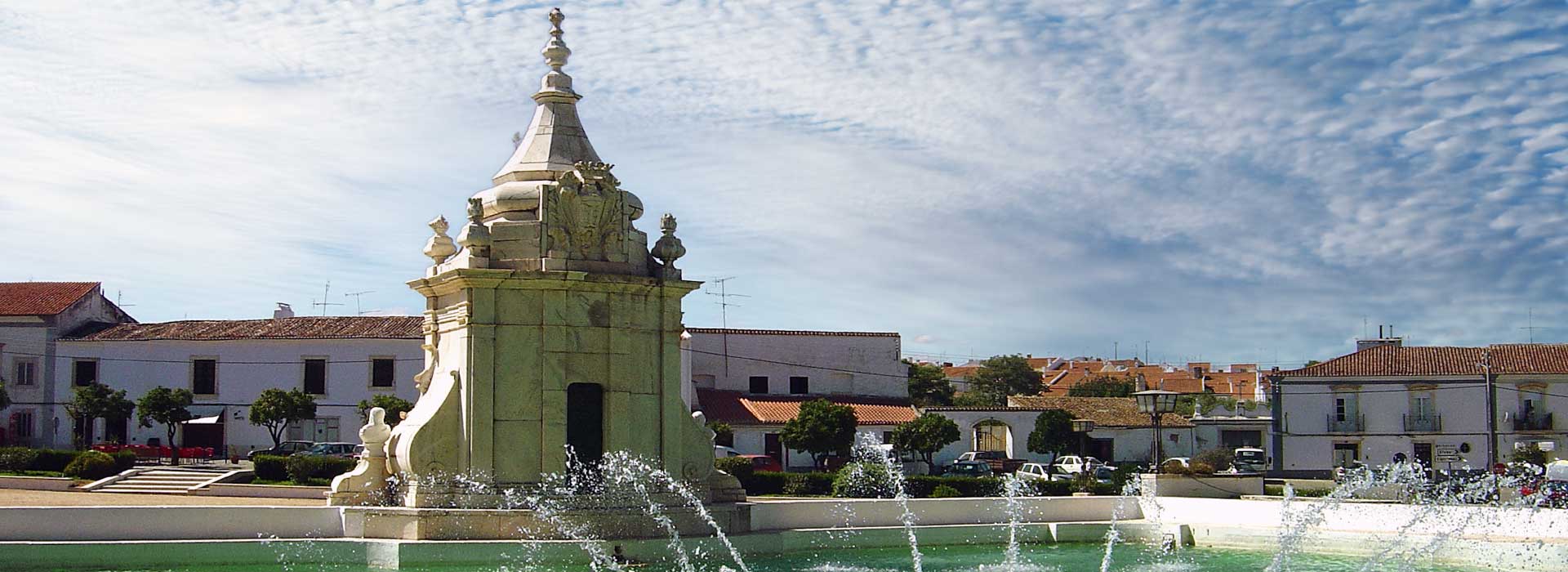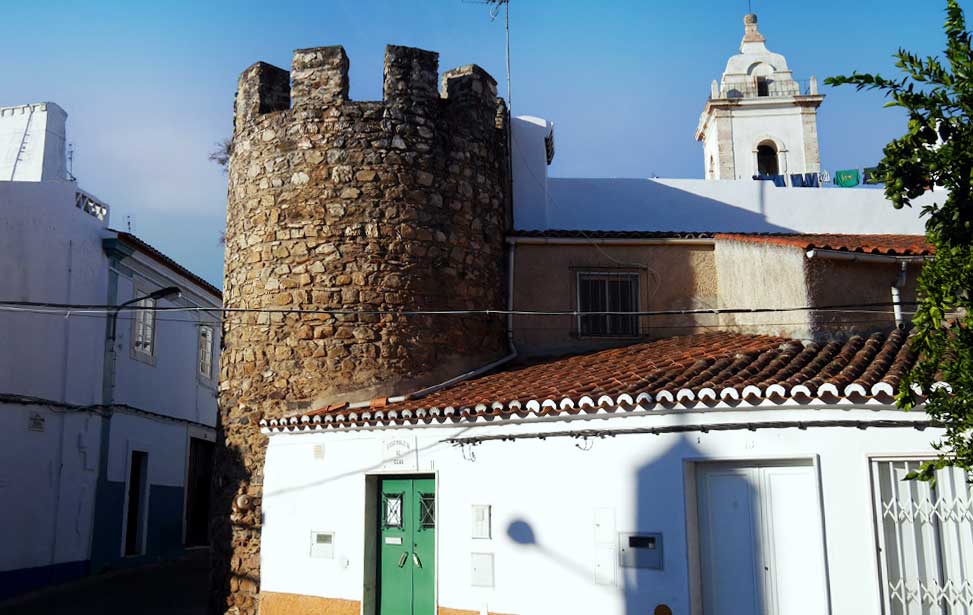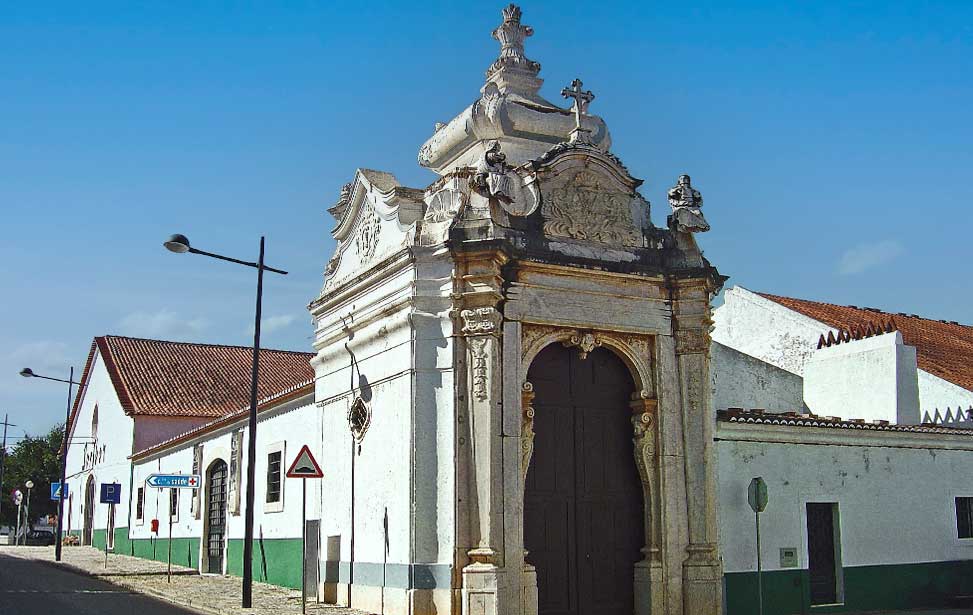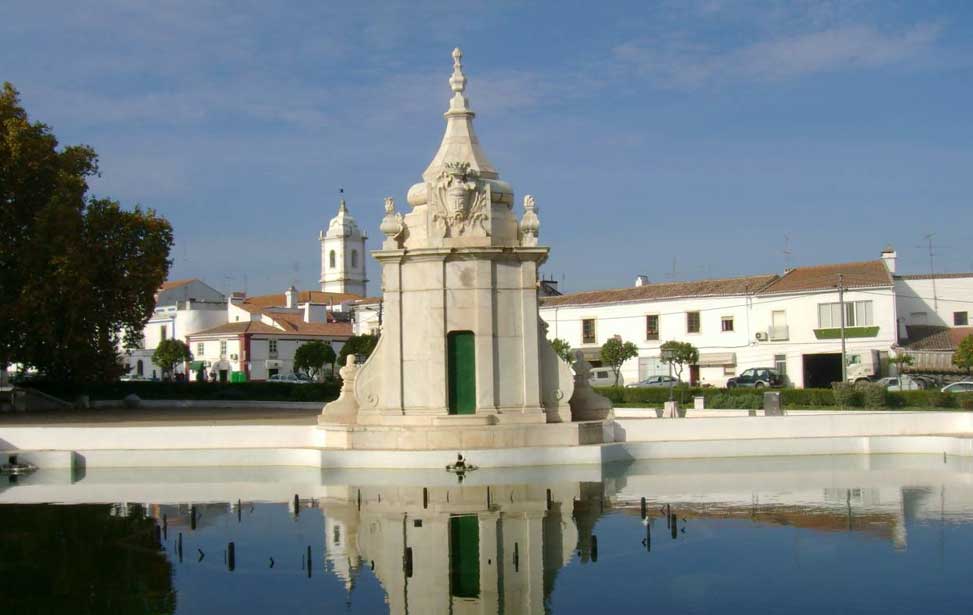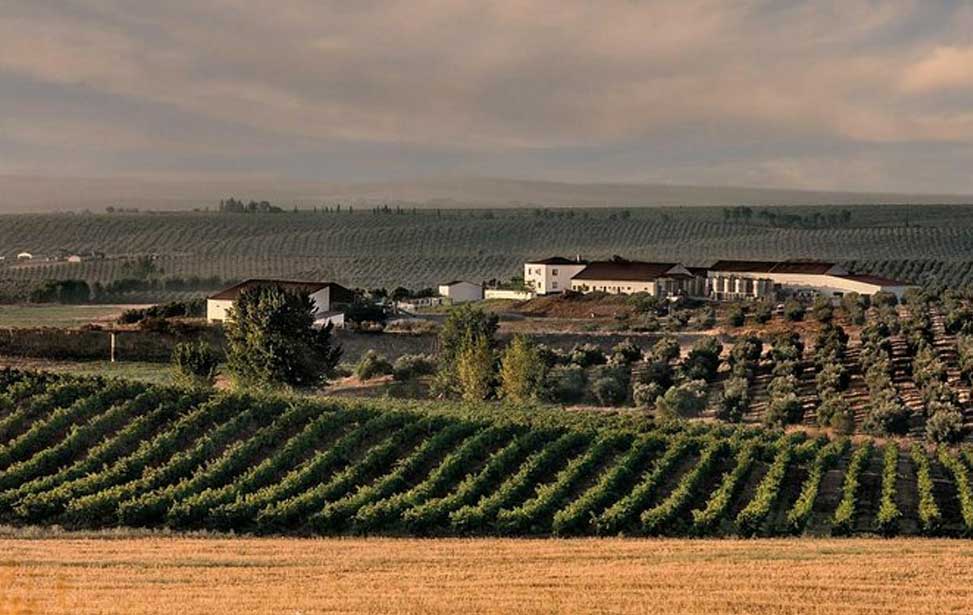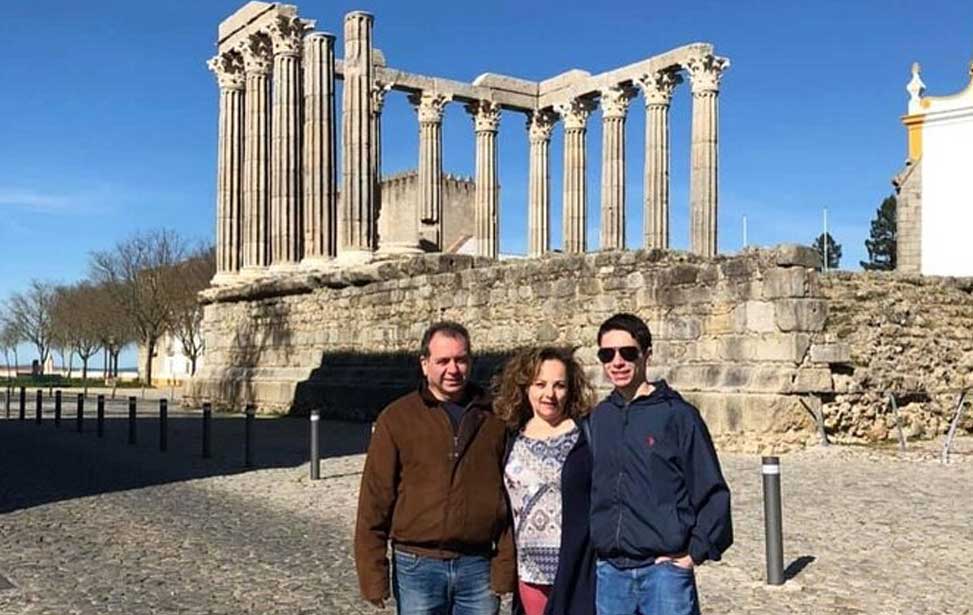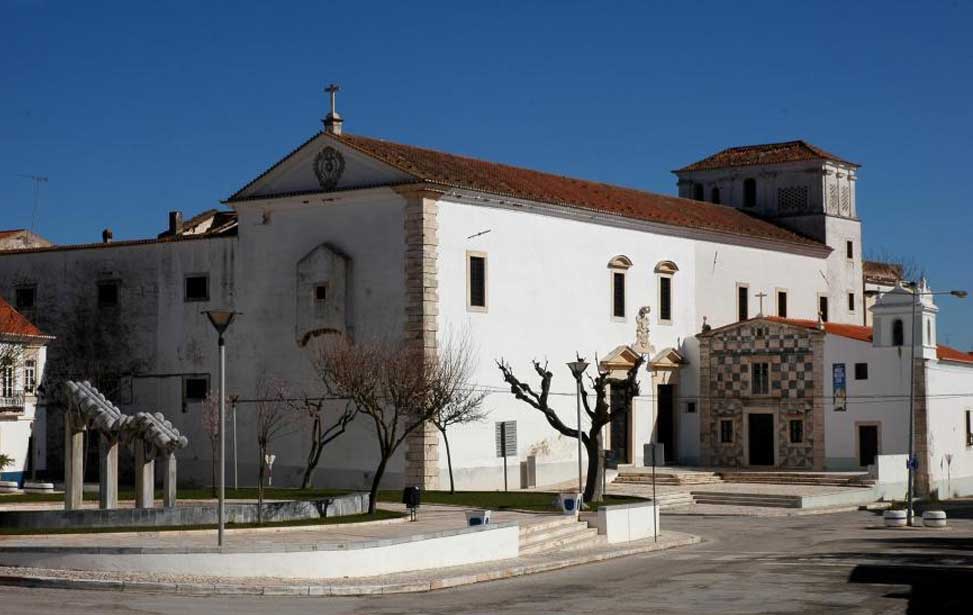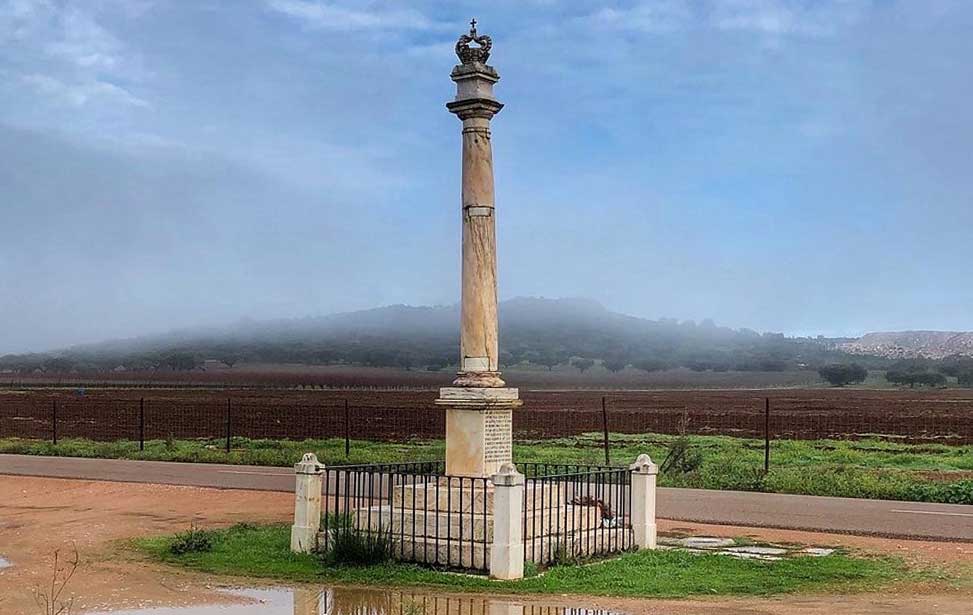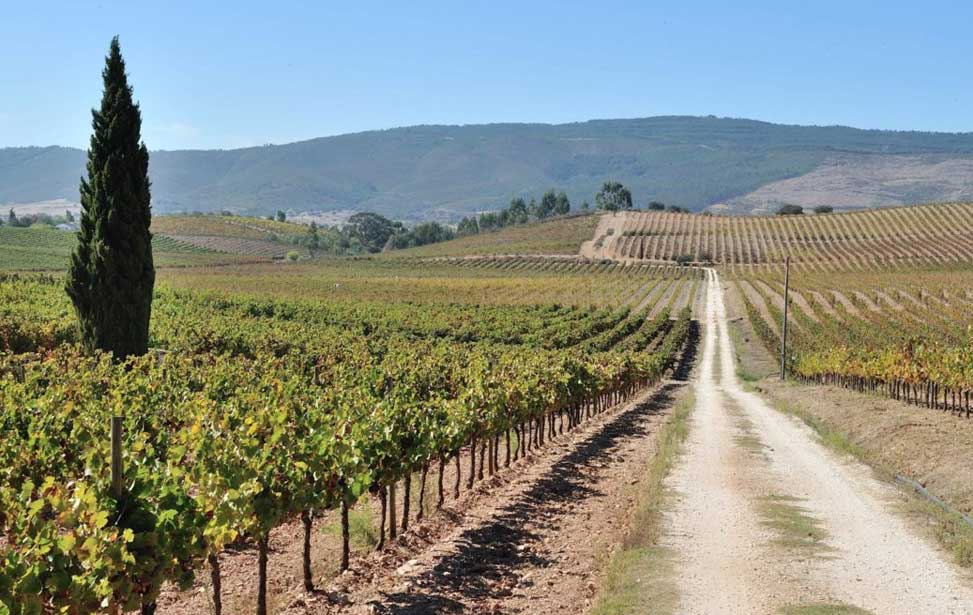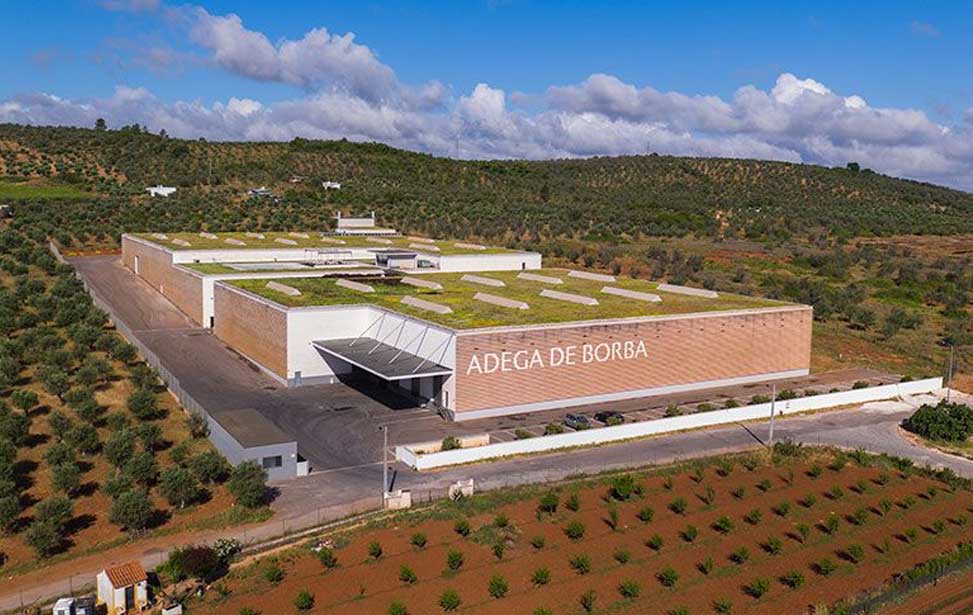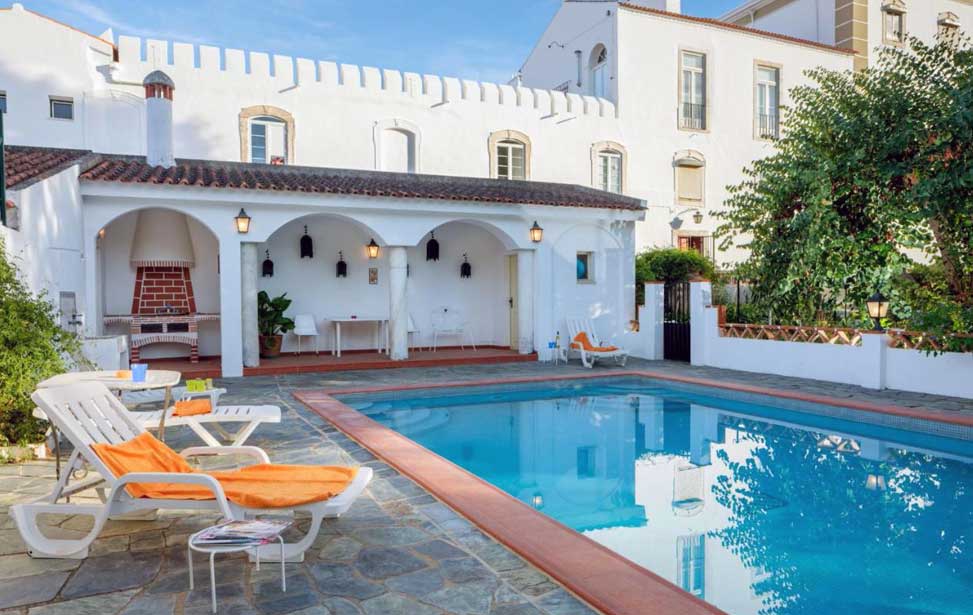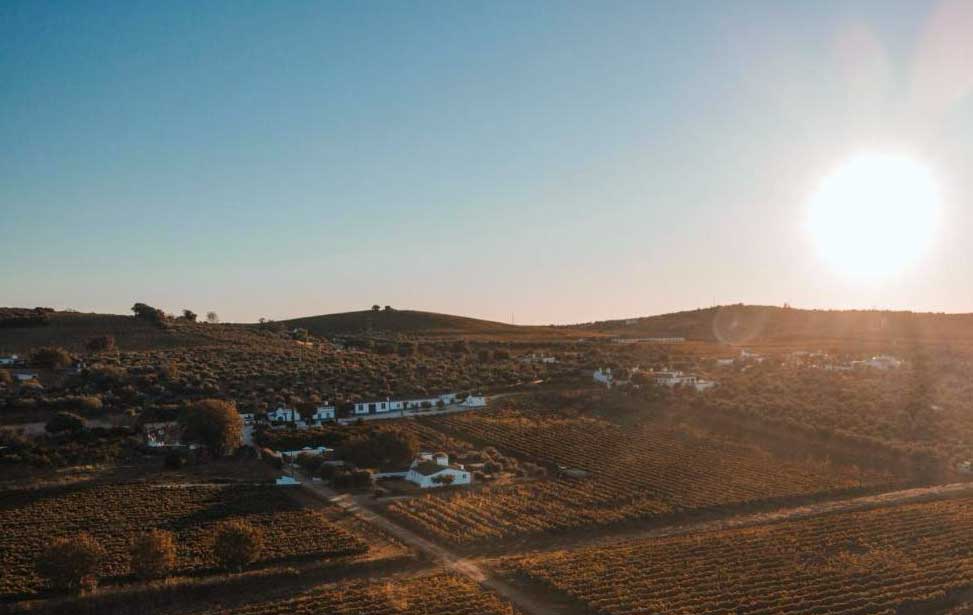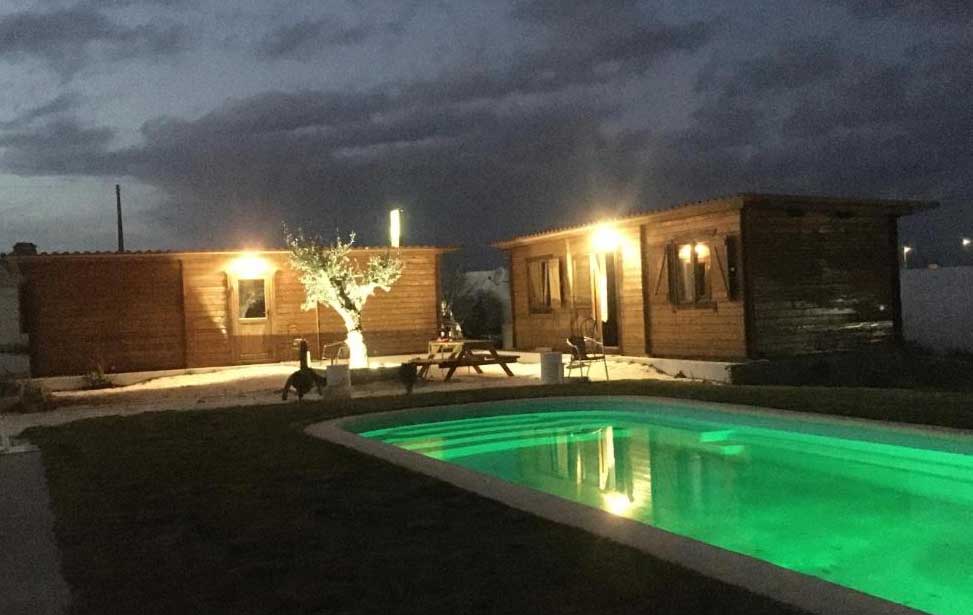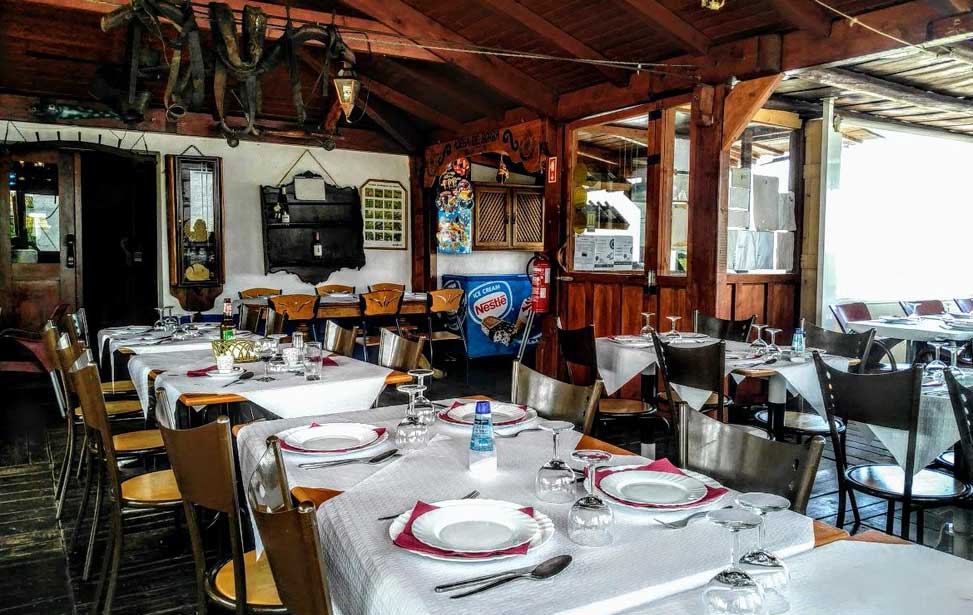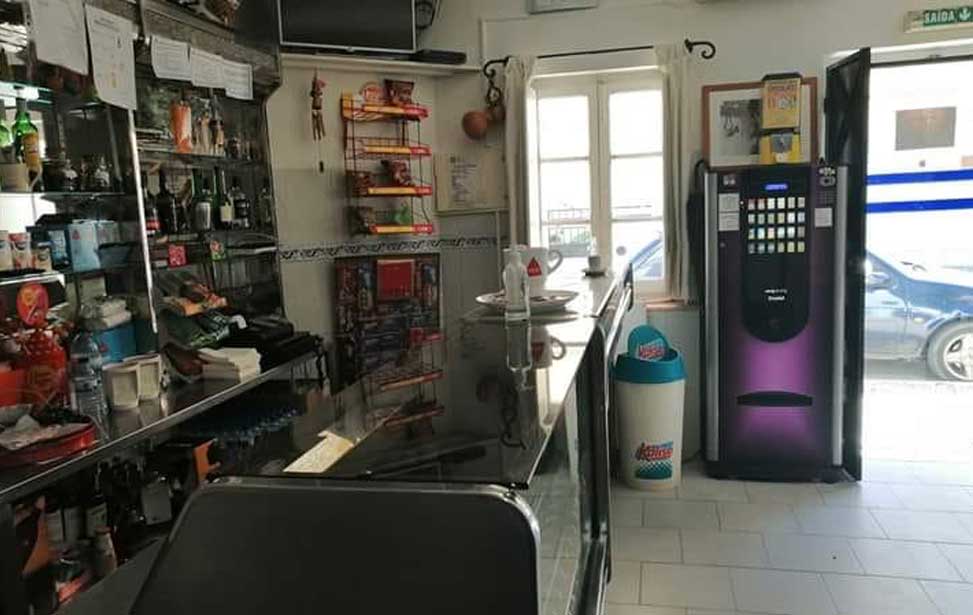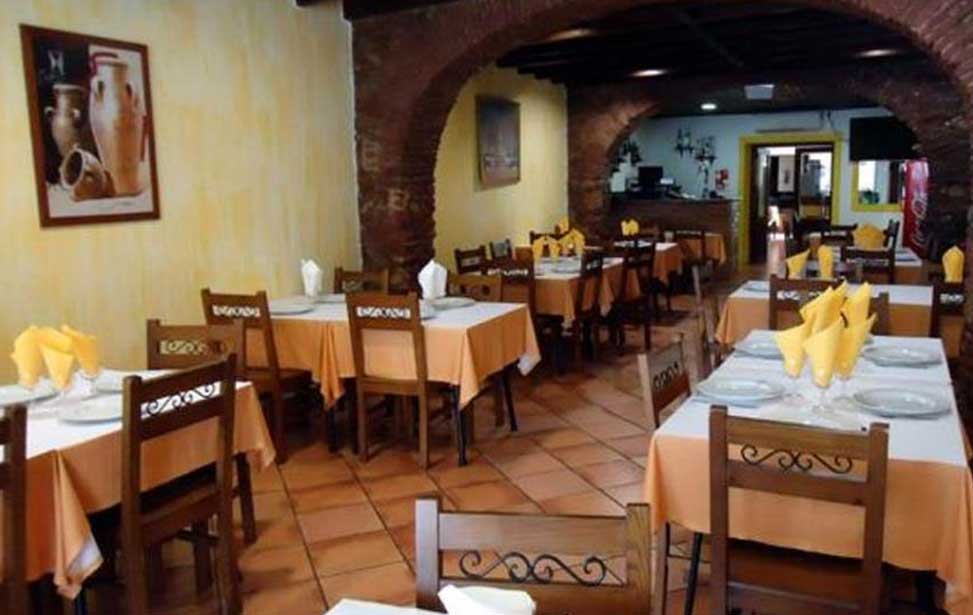BORBA
The small attractive town of Borba is located within a very picturesque and particularly fertile region of the Alentejo. Situated six kilometres (4mi) north of Vila Viçosa in an area renowned for its high-quality marble and the land here is pot marked with quarries. The marble trade has brought Borba great wealth. The town has a predominance of marble on door and window frames, chimneys, street signs and monuments. It was the building material for not only local mansions and the palace at Vila Viçosa, but its high quality was also prized internationally, most prominently in Italy. As well as being used as a building material, marble is the key ingredient for the whitewash traditionally used on buildings across the region.





